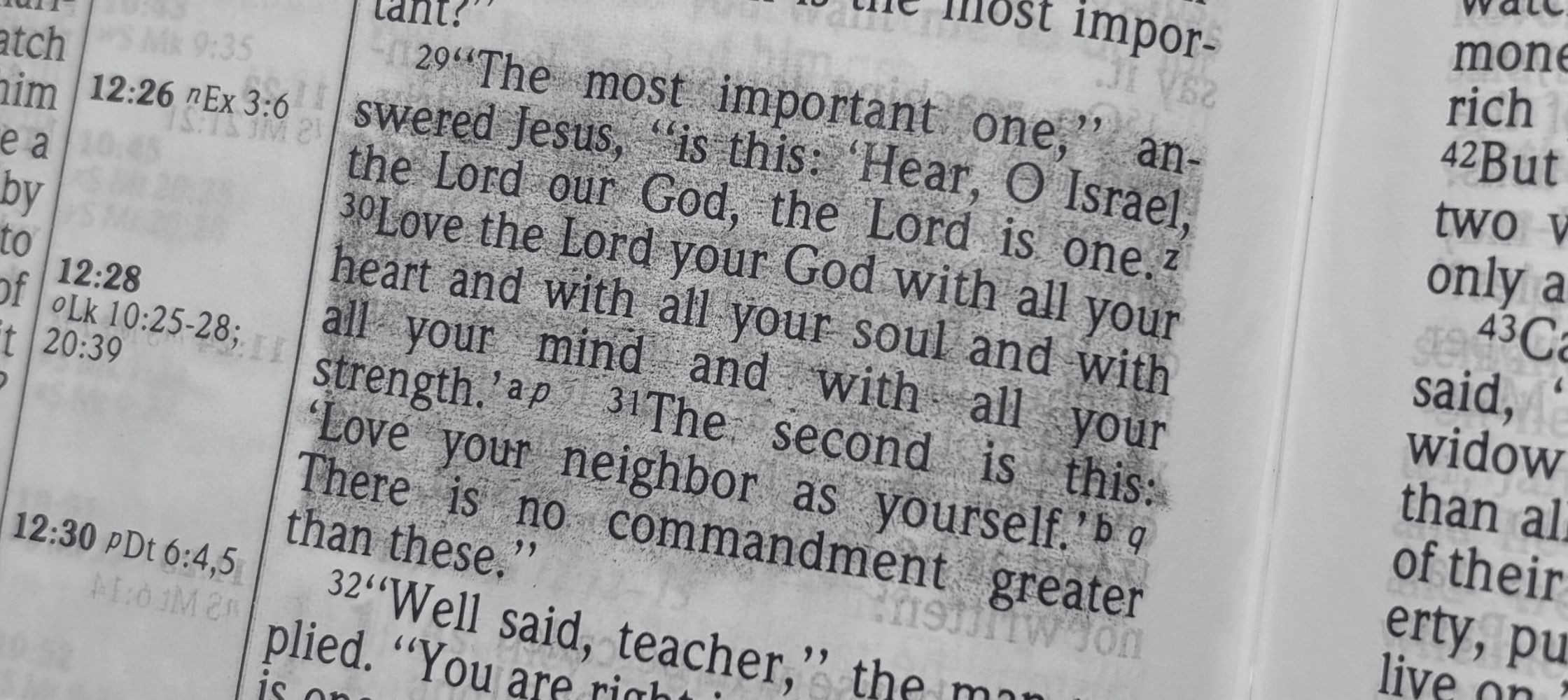Thank you! Your submission has been received!
Oops! Something went wrong while submitting the form.

By: Robert E. Zink
July 25, 2022
The Problem of Busyness
One of the most profound deceptions of busyness is that it leads to fruitfulness. My conversations with others in recent weeks have led me to the conclusion that the opposite is true. Instead of leading to fruitfulness, busyness produces idleness. There is a not-so-hidden secret that we live in an era that has made an idol of busyness. We live in a world that equates busyness with importance. This is because we perceive busyness as productivity, giving evidence to both capacity and ability. Whether a believer or not, we are prone to this error.
The impact of such a mentality is that we tend to fill up our time. More concerning is that we often do so without discernment. As long as we are busy, we tend not to appraise the value of those undertakings that make up that time. Unfortunately, the result may be busyness, but overwhelmed by tasks of mediocrity and without value, we delay and defer those aspects that produce the most value. In essence, we risk the danger of creating a culture of idleness within our culture of busyness.
Because of this, I've found it necessary to appraise my own life, asking, “By focusing on busyness, what responsibilities of greater significance have I neglected?” That’s not to say that an assignment of lesser value deserves to remain incomplete. However, it does point me to two areas I need to evaluate:
Although they seem independent, those two points are related. As an all-knowing, all-wise Lord, His plan defines what tasks are of the greatest significance (even if the results are not realized within our realm of life or knowledge).
The Solution to Busyness
Presented in John 9 is the testimony of a man who was born blind but healed by Christ. Eventually, this man is given the opportunity to share his testimony with others, including the Pharisees. The encounter, though, begins with the disciples asking who sinned (him or his parents). Jesus's response is interesting because beyond just healing the man, he indicates that it is designated as an opportunity for the Lord to be magnified. And that is the context that provides some insight into our issue of busyness. The passage is large, so our tendency is to read quickly (because we are too busy to read), overlooking some exceptional aspects. Yet, tucked in the very beginning is a significant response of Jesus. Had I not already been thinking about this, I probably would have overlooked this also. In John 9:4-5, Jesus says this:
"We must work the works of him who sent me while it is day; night is coming, when no one can work. As long as I am in the world, I am the light of the world."
In terms of how to use our time, the significance of those words smacks me like an array of bricks. Read those words again. Now consider what Jesus' says about the use of His own time and what that implies towards our use of it. From it, note three truths.
The Limits
Jesus’s earthly ministry is about to come to an end. He knows this and says as much in these verses. Notice a bit of irony in that. Jesus is the eternal God; He is not bound by time. And yet, here he recognizes that this dispensation of his ministry is closing soon. The value of any commodity in short supply increases according to that scarcity.
Is it not so with time also? None of us are guaranteed any time, but we treat it on average, expecting that we will likely have an average lifespan. Just on this simplistic measurement, how much time do any of us have? Are we down to 50%? 25%? Time has become more valuable and how we spend our time then becomes more critical.
The Urgency
Notice also the urgency in Christ's words. 'Night is coming,' he says, indicating that there will be a time when their ability to work will be limited. Indeed, this is proven to be true. Shortly after his resurrection, the disciples lock themselves in a room, fearful of the Jews (John 20:19). Hindered by fear and persecution, it’s not until the Holy Spirit comes that the work intensifies.
In the meantime, Christ urges the disciples forward, calling them to step up. The urgency in what He says denotes the seriousness. In light of the fact that days will come when people seek nothing more than the tickling of their ears and turn away from sound teaching (2 Timothy 4:1-4; cf. Romans 1), there is an urgency to bringing the gospel to the perishing.
The Priority
Finally, notice how Jesus prioritizes the work He does. As God himself, our Lord has the right to set the agenda. But he does not appeal to His own authority. Instead, he points to the will of God, saying, “We must work the works of him who sent me.” What is most important to Jesus at this time? Completing the will of God the Father.
That’s part of the issue with our busyness. Our schedule is set by our will rather than God’s will. The bulk of what fills our time is what we want to do, and not just the tasks related to our ongoing plight as fallen beings.
In our busyness, we've lost the urgency of the gospel. In fact, we are so busy that our engagement in evangelism and making disciples is idle. This is the idleness of busyness. If we take our instructions from Christ, then we see not only an urgency to prioritize the valuable tasks, but He establishes for us what those responsibilities are. Let's not allow the busyness of our will to lead to the idleness of God's will.
